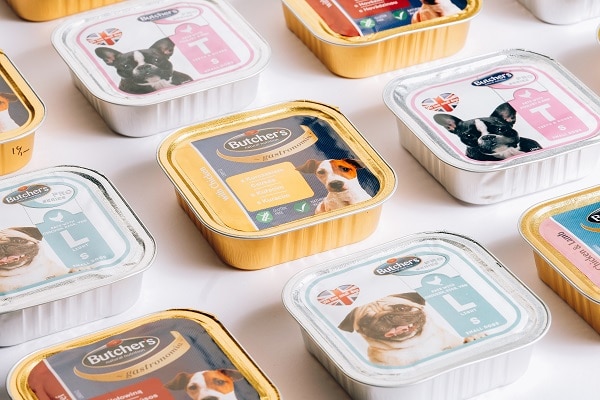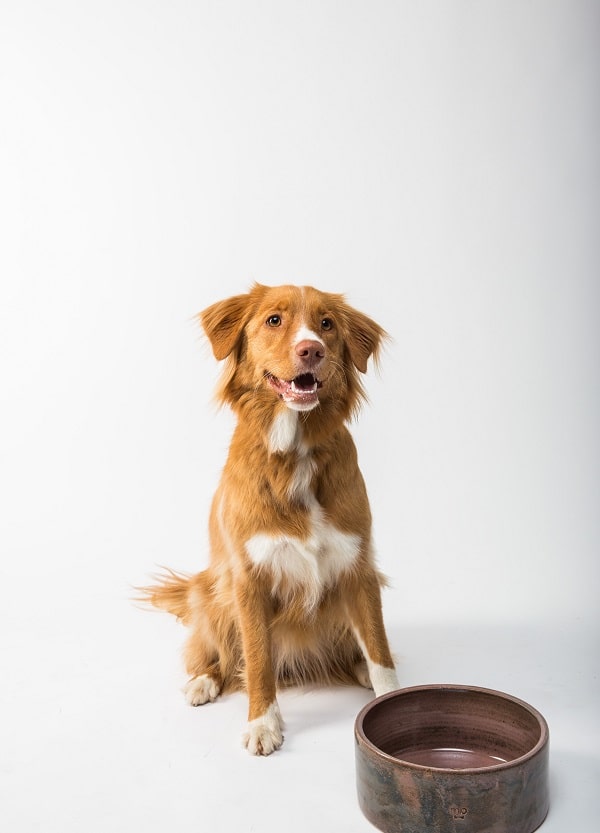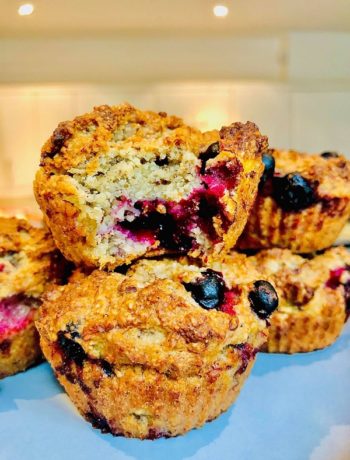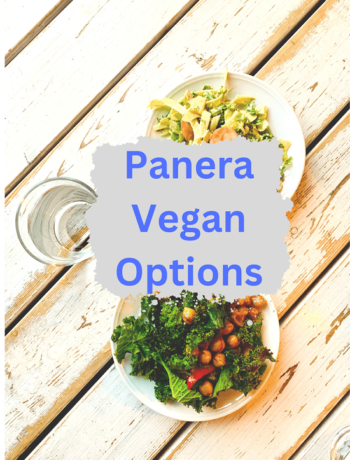
Vegan Dog Food – Homemade Vegan Dog Food guide that every vegan dog owner will need.
The benefits of a vegan diet on humans are enormous; from reversing diseases to a better healthier life overall. That’s not all though, veganism also saves lives and reduces animal cruelty massively.
Now, there are also benefits for dogs being on a vegan diet. But the main benefit, of course, is the elimination of animal cruelty. If you can make your whole household vegan, that would be an ideal scenario.
Today I will help you do that with your dog.
DISCLAIMER: Please, always make sure you consult with a veterinarian before you commit to any diet changes for your dog. I can only make suggestions, but I am not a dog expert.
Can Dogs Be Vegan?
The answer is yes, dogs can live and be healthy on a vegan and vegetarian diet based on the research at Cummings Veterinary Medical Center at Tufts University.
It’s pretty easy to mistake the dogs for carnivores, due to the fact that they have these long sharp teeth, perfect to cut through flesh.
In reality, though, dogs are actually omnivores, like humans, monkeys, bears, and pigs. Particularly domestic dogs. There is solid research done out there that dogs can indeed be healthy and have a healthy life on a vegan diet. Not to mention how many people out there have already tested it.
Just like humans, there is also research done that meat isn’t actually as good for dogs as you might think.
Quote from the Wall Street Journal “Most of the major dog brands have meat scraps from the ‘4D animals’—dead, dying, diseased, or disabled—so there could really be anything in there,” Just like in ham, tinned meat that us humans consume, you really don’t know what’s in there, and the dangers it can bring to our health.
There is also evidence to suggest that there might be plastic in commercial dog food, meaning your dog may end up consuming plastic without you being aware of it.
Particularly raw meat consumed by dogs could be even more dangerous to dogs. Why? Because of the bacteria Enterococci.
Enterococci that spread to the wrong areas of the body can cause serious infections, including abdominal, wound, oral, and urinary tract infections. You definitely don’t want that for your dog.
1. Reasons to Feed Your Dog Vegan Food:

We become vegan for many reasons as humans. To reduce the cruelty of animals, to help the environment and our health. If you are a vegan, then you have a very solid core belief in life. In an ideal world, you would want to be surrounded by veganism. Even if that means turning your dog vegan as well. Feeding your dog meat, while you eat plant-based food may seem a little bit hypocritical, and in fact, may not sit well with you, when the whole purpose of veganism is to eliminate animal cruelty and consumption.
Dogs may benefit from a vegan diet just as well as humans. Just make sure you provide them with all the nutrients they need.
2. Does Vegan Food Provide Enough Nutrition to My Dog?
Yes! It certainly does. Remember when you first went vegan? You were wondering the same question.
Here you are today, a healthy badass vegan that’s feeling better than ever before. The same applies to dogs. You just have to be careful, and research really well what dogs need daily from their food in terms of nutrients and make sure you provide that using plant-based food.
I would really recommend that you have regular checks with the veterinarian to make sure your dog is healthy and the diet is working well for your dog. It’s also very beneficial to get the opinion of your veterinarian and learn more about what types of food you can feed your dog to provide them with the nutrients they need.
3. Are There Any Vegan Commercial Products Out There You Can Buy For Your Dog?

The answer is yes, thankfully! It’s a new space, but a lot more products are emerging. I will suggest a couple here – and recommend that you have a look at them, and stock a couple of them.
Vegan dog foods:
1. V-Dog Vegan Kibble Dry Dog Food
2. Halo Vegan Adult Dry Dog Food
3. Natural Balance Vegetarian Formula Dry Dog Food
These are pretty decent dog vegan options out there on the market.
4. How To Get Started Feeding Your Dog Vegan Diet:
Slowly. I wouldn’t recommend going cold turkey with your dog. Slowly introduce your dog to the vegan food, then gradually increase it, until you make it full time.
If you transition your dog to a vegan diet too quickly, the dog may not want to eat, or even worse experience diarrhea or vomiting.
Again, I would highly recommend that you consult with your veterinarian beforehand.
Another couple of things you will need to consider is age, weight, current health condition, and the breed of your dog. Why does this matter? Elderly dogs and puppies have different nutritional needs.
Particularly with puppies, it’s essential that they are fed with the needed nutrients for normal healthy growth.
Homemade Vegan Dog Food:

The way I make the homemade vegan dog food is by using the following ingredients typically:
1. Lentils/Beans – normally tinned pre-cooked. This is the protein and carbohydrates covered.
2. Veggies like carrots, peas, broccoli, cauliflower, etc – are the nutrients.
3. Rice – more carbs, bulk, and protein.
4. Flaxseeds or chia seeds – the fiber.
5. Canned pumpkin or mashed sweet potato, helps with the binding.
I would cook all the veggies after I have chopped them, then separately mash the beans/lentils, and combine them with the cooked veggies. You will get thick, nutritious dog food. Separate the mix into individual containers/portions. And store in the fridge.
Summary:

Let’s summarise what we discussed in this article:
1. Can Dogs Be Vegan? – Yes
2. Can Dogs Be Healthy On a Vegan Diet? – Yes
3. Is there Any Commercial Vegan Dog Food Available Out There? – Yes
4. Can You Make Homemade Vegan Dog Food? – Yes
5. How To Get Started Feeding Your Dog Vegan? – Slowly, after a consultation with your veterinarian, and of course after considering the sex, age, weight, and health condition of your dog.
I hope you found this guide helpful, any thoughts or suggestions, feel free to drop a comment below or message me directly on my social media accounts:
Instagram, Pinterest, YouTube, or Facebook!




No Comments